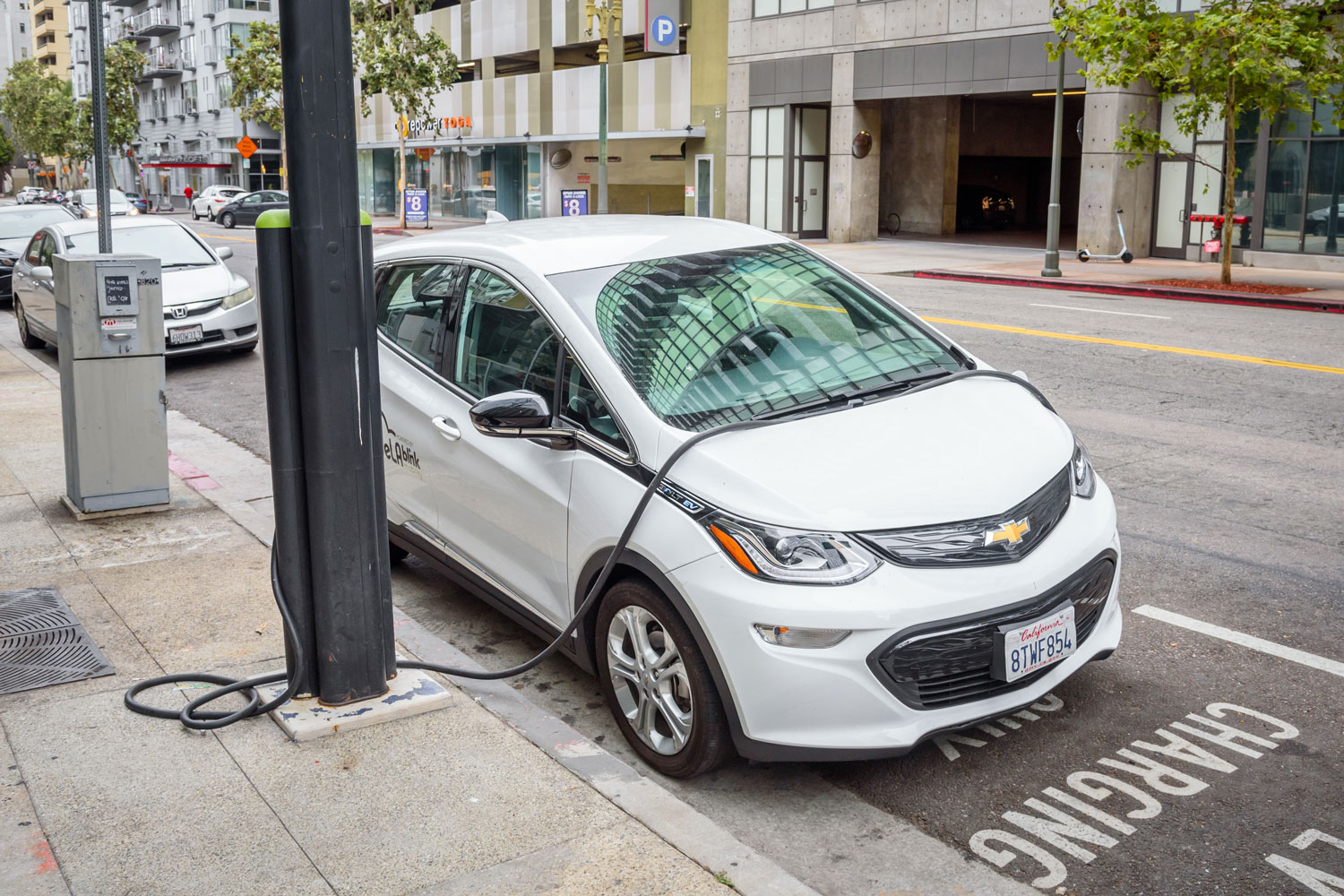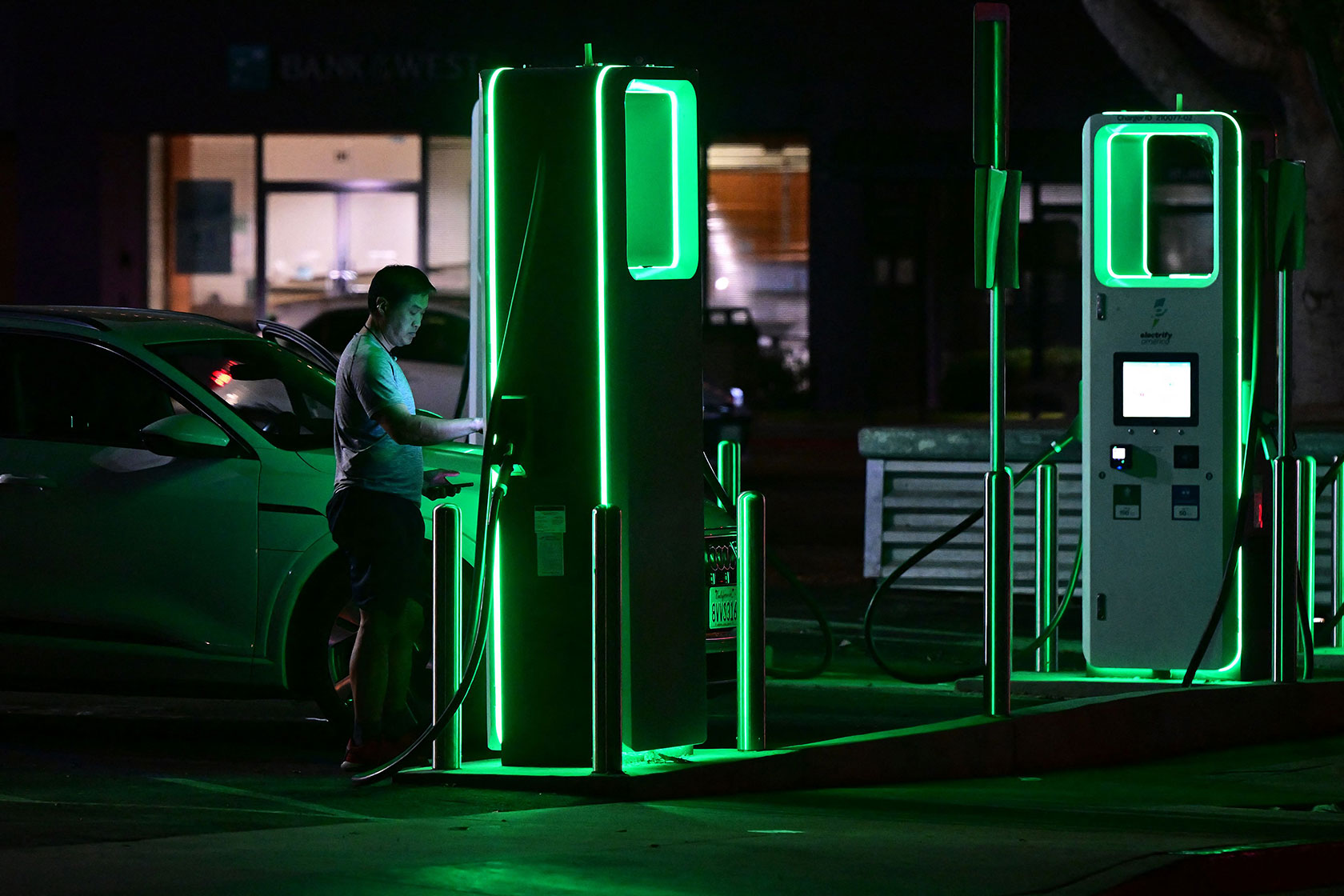Leading EV Charging News: Secret Updates on Facilities and Technology

Current Advancements in Fast-Charging Technology

Moreover, developments in battery innovation, consisting of boosted thermal management systems and higher power thickness batteries, enhance fast-charging capabilities. These developments minimize the risk of battery destruction throughout fast charging, guaranteeing durability and efficiency for EV proprietors.
Additionally, the combination of smart charging services is boosting individual experience, allowing real-time surveillance and dynamic pricing designs. EV Charging news. This versatility allows vehicle drivers to enhance charging times and costs based upon grid need
As car manufacturers proceed to purchase fast-charging networks, the partnership between market stakeholders is vital. Partnerships in between billing terminal companies and automobile makers are leading the way for substantial coverage, ultimately promoting a more robust EV environment. These developments are essential in supporting the transition to lasting transportation.
Government Efforts for Charging Development
Federal government efforts play a vital function in the growth of electrical lorry (EV) charging infrastructure, promoting the transition to sustainable transport. Different government and state programs are being implemented to improve charging access, reduce the economic concern on consumers, and promote the fostering of electrical cars.
Significantly, the united state government has allocated substantial funding through the Framework Financial Investment and Jobs Act, which earmarks $7.5 billion for EV charging network growth across the nation. This financing is aimed at deploying hundreds of brand-new billing terminals, specifically in underserved locations, therefore attending to range anxiousness among potential EV buyers.
Additionally, various states are passing regulations to enhance the permitting process for billing terminal installments, which is important for speeding up implementation. Rewards such as tax credit scores and rebates for both customers and organizations are additionally being presented to encourage the installation of charging facilities.
Additionally, public-private partnerships are increasingly becoming a focus, leveraging personal financial investment to match federal government financing. These initiatives underscore a joint method crucial for developing a thorough and efficient EV charging network, eventually contributing to a greener and even more lasting future.
Innovative Battery Solutions Enhancing Performance
Transforming the landscape of electrical vehicle (EV) innovation, innovative battery solutions are considerably improving performance and performance. Advancements in battery chemistry, specifically with lithium-sulfur and solid-state batteries, are causing boosted power thickness, which permits longer arrays and faster charging times. These brand-new battery kinds have the prospective to surpass typical lithium-ion batteries by using higher capacities while minimizing weight, consequently boosting general lorry efficiency.
Moreover, advancements in battery monitoring systems (BMS) are optimizing power use and prolonging battery life expectancy. Smart algorithms check battery health and performance, enabling real-time adjustments to charging and discharging processes. This not only improves the performance of the battery but also guarantees an extra trusted and lasting power source for EVs.
In addition, the integration of recycling modern technologies is addressing the environmental influence of battery production and disposal. Developments in second-life applications for EV batteries are facilitating their usage in power storage space systems, adding to a round economy.
As these innovative battery services remain to advance, they promise to change the EV market, making electric automobiles more attractive and accessible to a more comprehensive audience while sustaining global sustainability objectives.

Cooperation Between Automakers and Billing Networks
Identifying the crucial requirement for a robust billing framework, automakers are increasingly collaborating with billing network providers to enhance the EV ownership experience (EV Charging news). These partnerships intend to develop a seamless billing community that profits consumers and supports the shift to electric lorries
Significant vehicle brand names are signing up with forces with established billing networks to expand their billing terminal protection, making certain motorists have accessibility to practical and reputable charging alternatives. Partnerships with networks like ChargePoint and Electrify America enable automakers to incorporate charging services straight into their vehicles' navigating systems, assisting individuals to the nearest terminals and offering real-time availability updates.
Furthermore, these cooperations often result in the advancement of fast-charging modern technologies that substantially minimize the moment needed to charge an EV. By pooling sources and experience, automakers and billing networks can innovate quicker, producing solutions that fulfill the expanding demand for electric mobility.
Additionally, joint efforts may also result in more standardized billing procedures, which can relieve consumer complication and promote broader EV fostering. In general, these critical partnerships are critical in constructing a user-friendly and effective charging infrastructure that meets the needs of a broadening electrical vehicle market.
Challenges Facing EV Charging Facilities
As the electrical automobile market remains to grow, a number of challenges are emerging that prevent the growth of a thorough charging infrastructure. One click over here of the main challenges is the insufficient number of billing stations, especially in rural and underserved city areas. This space creates variety anxiousness among potential EV purchasers, deterring them from making the switch.
In addition, the absence of standardization in billing modern technology makes complex the infrastructure landscape. Variants in plug types and charging rates can develop confusion for customers and enhance operational intricacies for charging network drivers.
An additional pressing issue is the high price connected with the installment and maintenance of charging stations, which can be an obstacle for both public entities and personal businesses. Regulative obstacles and zoning constraints can postpone the release of billing infrastructure, impeding progress in broadening important services. Dealing with these challenges will be crucial for promoting a durable EV ecological community that supports the company website change to lasting transportation.
Conclusion
Finally, the continuous improvements in EV charging modern technology, sustained by substantial federal government efforts and ingenious battery services, are vital for the growth and effectiveness of electric vehicle framework. Collaborations in between car manufacturers and billing companies further enhance terminal coverage, attending to the expanding need for available billing options. Despite challenges that persist within the EV check this charging landscape, these developments indicate a positive trajectory towards an extra sustainable and efficient electrical vehicle environment.
Innovations in billing infrastructure have led to the advancement of ultra-fast battery chargers qualified of supplying up to 350 kW of power, significantly minimizing billing times. Variants in plug kinds and charging speeds can create complication for individuals and raise operational complexities for charging network operators.In verdict, the ongoing improvements in EV charging technology, supported by substantial government efforts and cutting-edge battery solutions, are critical for the growth and efficiency of electric lorry facilities. Partnerships between automakers and charging service providers even more enhance terminal coverage, attending to the expanding need for accessible billing options. In spite of challenges that continue within the EV charging landscape, these developments signify a favorable trajectory in the direction of a more lasting and effective electric lorry ecosystem.